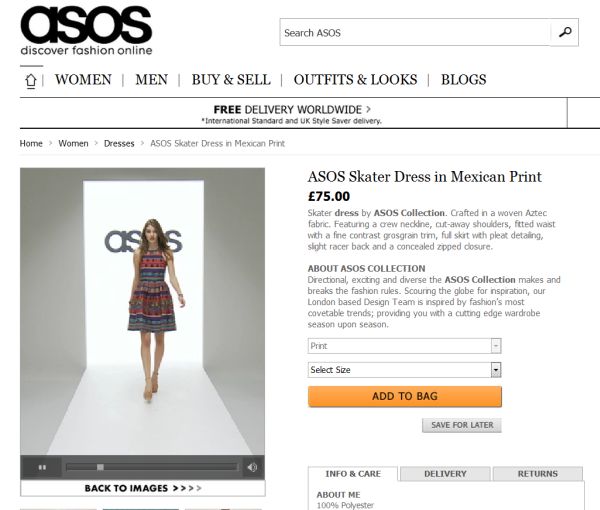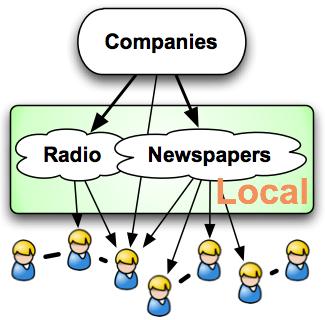How many times has a private beta piqued your curiosity? How many times has it turned you off because of the nature of it being “private?” What about both?
While the notion of an exclusive crowd joining a social networking site probably does frustrate you (as it did for me on many networks where it took a bit of time for me to score an invite), private betas are still very smart. The buzz surrounding the brand new piece of software is complete word of mouth marketing, and it works quite well in the favor of those who opt-in for such private tests.
Pownce is still in private beta. I compared Pownce to Twitter over a month ago, and people have consequently asked me to invite them (I still have some invites in case you’re wondering). Mashable was able to get a sneak peek of Notifir. I now want in. Donna Fontenot gave me a Grand Central invite last month. My good friend Muhammad Saleem is always giving away invites. And of course, there’s also InviteShare, which was recently acquired by TechCrunch.
There are over 100,000 Joost pages being crawled by Google that either offer or request Joost invites. (Most of them are invite requests rather than giveaways, if you look carefully.) I often find myself looking at blog comments for posts that are months old that still get a regular flow of comments from people requesting invites. Many people want to be first. Many people want to have that exclusive access. You really can’t blame them.
But it’s an important lesson for anyone: sneak peeks and previews create hype. That hype creates momentum. That momentum drives interest, which consequently can drive traffic, sales, conversions, or whatever else you’re aiming for. Even if the product is not your cup of tea, you’ll probably want to get your hands on it. And that’s exactly what these site owners want you to do.
There are many ways to generate that buzz, and private betas are just one of them. If you’re not building a social website, you can do the next best thing as highlighted by Matt McGee: target the blogger’s market. These early adopters can surely bring you the notoriety or fame you deserve. (Remember the Windows Vista giveaway? Negative publicity is still publicity, after all. 🙂 ) By focusing on a select target audience who could act as spokespeople for any product, you can get the word out about just about anything — to hundreds of people — without too much effort and a minimal investment of your resources with a potentially high return on investment.
Therefore, whether or not people love or hate your private beta or exclusive giveaway process, it’s good for you and your business, and the buzz will surely bring more people to your service, product, or site.





Honestly, at this point private betas seem to be a Web 2.0 requirement. But you’re right, it’s certainly the best way to spread buzz for upcoming projects. Another benefit of the private beta scheme is that it’s also a very easy way to get a savvy user group testing your new product. Who needs hired beta testers anymore?
While this private beta “scheme” may have spread the word about Pownce, I have yet to find a significant enough number of users to get me hooked. Where is the “public view” component or anything else that will let me add friends? I find my Twitter friends because they post. I can’t find a similar component in Pownce…and so I never log on and never get a chance to network with the two Pownce friends I have. 🙁 not that I care, really…..Twitter serves my need.
I think that’s the viral nature of it — exclusivity, if you will.
I don’t really use Pownce anymore to befriend people I don’t already know, but obviously, people use social networking systems in different ways. Some people want to meet people, while others just want to connect with people they already know in some form or another.
On Pownce, you can search for friends for now, but that’s it. You can also look at your friends’ pages and see who they’re friends with. But I hear your gripe. I guess that’s what distinguishes the two services: one is a lot more open than the other, but after all, that one is out of private beta. 😉
hi nice post, i enjoyed it
Sleep.FM – The Social Alarm Clock is in alpha beta – a social network for sleep and waking up your friends with your alarm messages ( voicemails, audio files, etc ). The alarm clock is now a human to human communication tool.
Found out more about our alpah beta on our lifecast http://www.justin.tv/socialalarmclock
Cheers
Thanks for the post. Great advises that helps in fixing out market entry strategy.